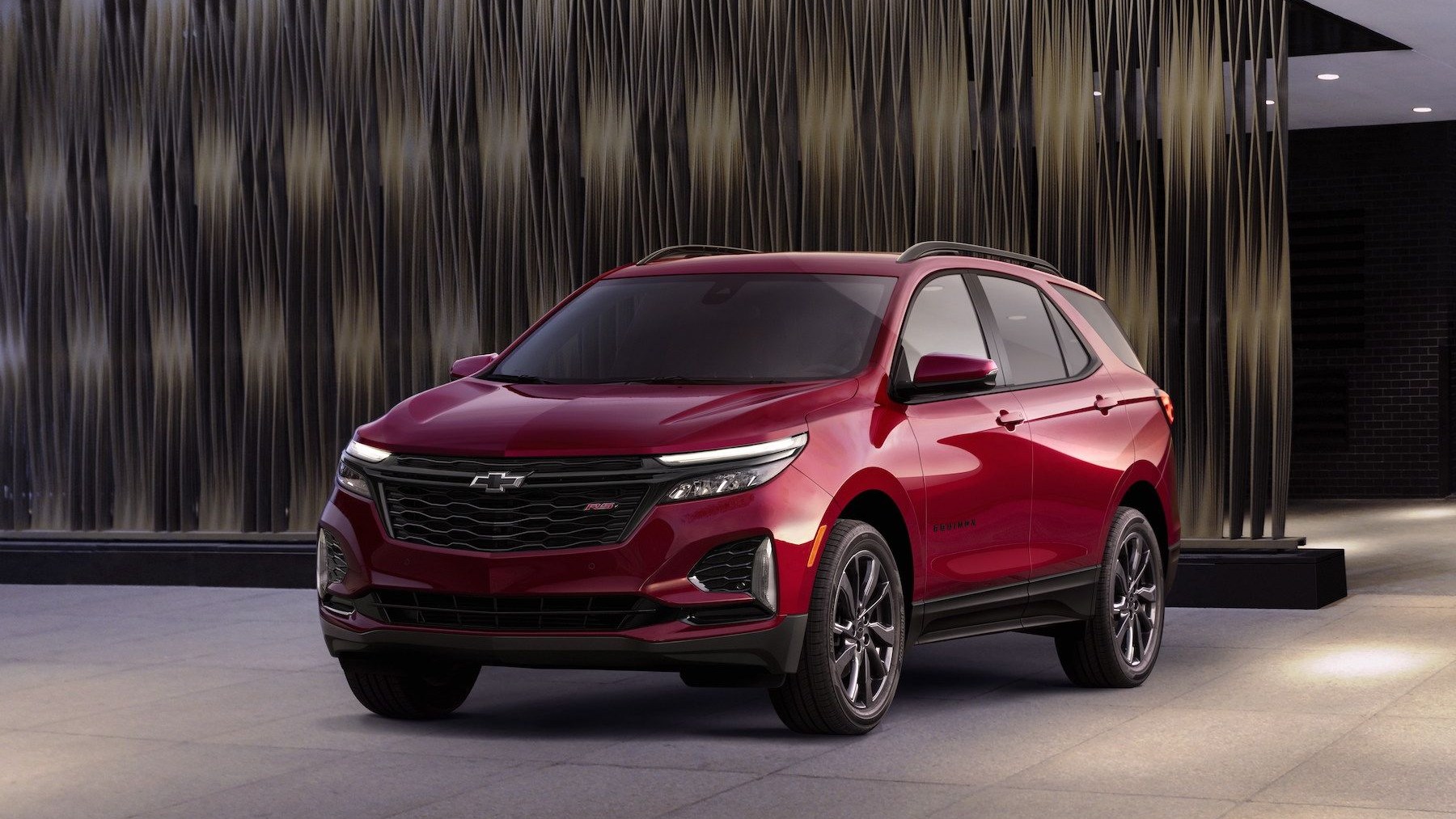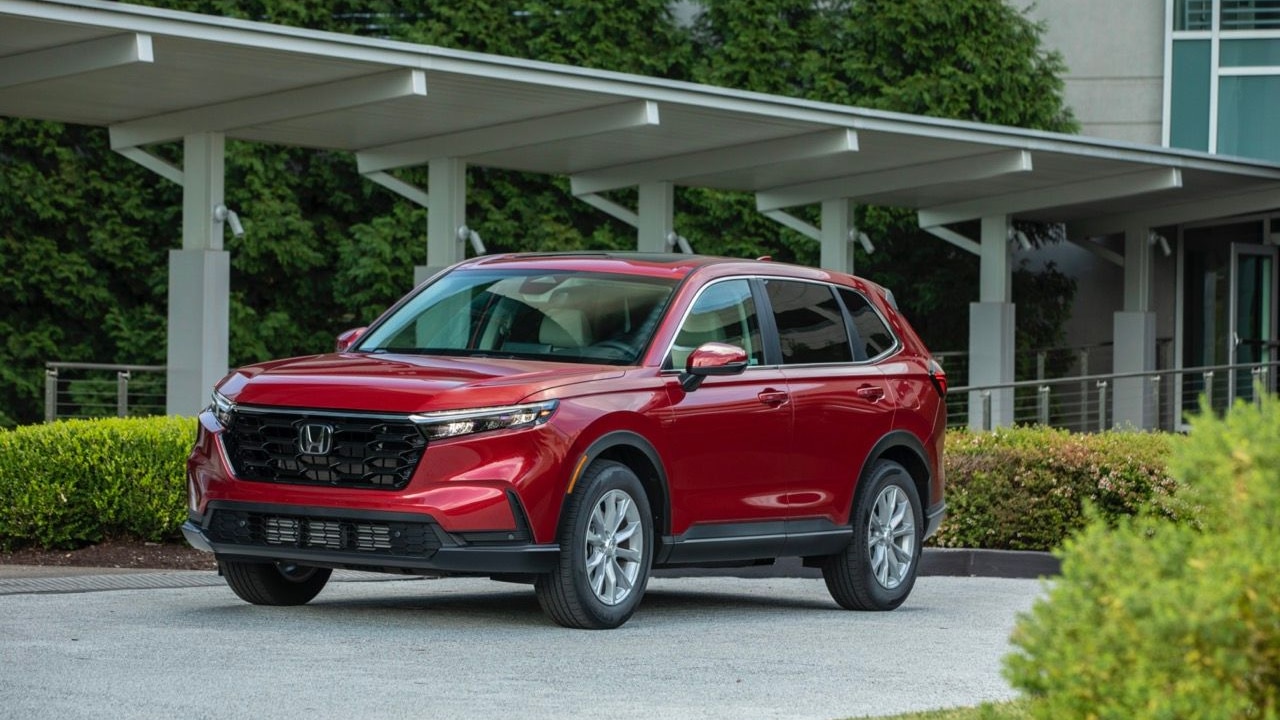As you step into your car, a message appears on the central screen. "What is your destination?". You press a button marked "Work". Although you might not notice anything out of the ordinary, your car is now optimized for the journey ahead, taking into account your driving style through the rush-hour traffic, the route you regularly take and the potential for congestion. Your whole journey would be constantly assessed and data downloaded from the 'cloud' to optimize your vehicle's systems.
This vision is one shared by Ford and Google. The technology is called Google Prediction API, and in future it's hoped to allow a scenario just like the one above - and many more. Your Ford of the future may be able to optimize the way it drives for any journey scenario, whether you want to be whisked to work in the greatest of comfort for the least amount of energy, or whether you want a day of fun at the Snake Pass with the engine tuned for more power and the suspension stiffened and damped perfectly for spirited driving.
It's currently being tested on a prototype Ford Escape hybrid and early results of the research are due to be shown at the Google I/O conference in San Francisco this week.
As of the moment the technology is designed to work with plug-in hybrid vehicles, as the EV mode of these vehicles gives further options than a regular vehicle with regard to energy usage.
For example, a user could define their own "personal zone" where the car would run using electric power only - perfect for quietly leaving your house in the morning, or driving through EV-only road sections that may appear in the future.
The idea behind using cloud technology is to balance the power needed for the systems with the available space in cars to store powerful computers. Travis Green, Google product manager for Prediction API, explains: "We can move computational power out of the car and store it in the cloud... the biggest, most advanced computer could optimize everything, but your car doesn’t have the power or the space for it".
Moving computing power to the cloud would allow Google to maximize the system's effectiveness without requiring excessive technology to be packed into the vehicle.
Ford's Ryan McGee things that the system could be production ready in the next four to eight years, by which time many more vehicles could be the plug-in hybrids most suited to the technology.



